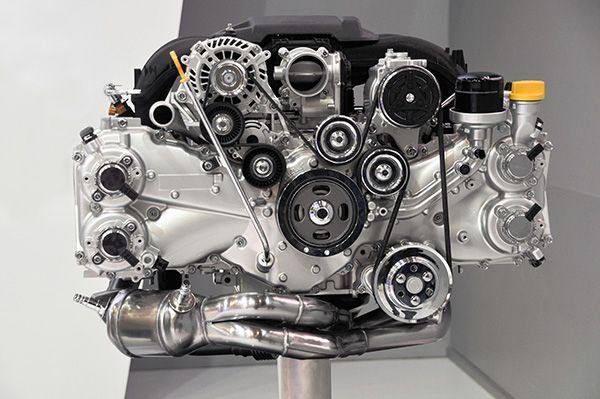Why Does My Car Keep Losing Oil Without Any Leaks?
Why Does My Car Keep Losing Oil Without Any Leaks?
If your car is losing oil but you don’t see any visible leaks, it can be both confusing and frustrating. Oil is essential for keeping your engine running, preventing friction, and reducing heat buildup. When oil levels drop unexpectedly, it can lead to increased wear, reduced performance, and even severe engine damage. While a leak is the first thing most drivers suspect, oil loss can also occur internally, burning away without leaving noticeable puddles. Understanding the reasons behind this issue can help you prevent costly repairs and engine failure.
Why Is My Car Losing Oil
Engines naturally consume small amounts of oil over time, but if you find yourself frequently topping off oil between changes, there’s likely an underlying issue. Oil loss can result from worn engine components, faulty seals, or excessive heat, all of which may cause the oil to burn off or escape in ways that aren't immediately visible.
Unlike an external leak, where oil drips onto the ground, internal oil loss means your engine is burning or consuming oil due to wear or malfunctioning parts. Identifying the root cause early can prevent long-term damage and save you from costly engine repairs.
Common Causes of Oil Loss Without Visible Leaks
1. Worn Piston Rings or Valve Seals
The piston rings and valve seals are responsible for keeping oil in the right place while allowing combustion to occur efficiently. When these components wear down over time, oil can seep into the combustion chamber and burn off during normal engine operation.
Signs of worn piston rings or valve seals include:
- Blue or gray smoke from the exhaust
- A strong burning oil smell while driving
- Reduced engine performance or rough idling
If left unchecked, this type of oil loss can lead to further internal damage, potentially requiring an expensive engine rebuild.
2. PCV Valve Malfunction
The Positive Crankcase Ventilation (PCV) valve helps regulate the pressure inside your engine and prevents oil from being drawn into the intake system. If the PCV valve becomes clogged or fails, it can cause excessive oil consumption by redirecting oil vapor back into the combustion process.
A failing PCV valve may cause:
- Increased oil consumption without visible leaks
- Rough idling or stalling
- Oil buildup in the air intake or around the valve cover
Replacing a clogged or faulty PCV valve is an inexpensive fix that can prevent further oil loss and improve engine efficiency.
How Engine Heat Contributes to Oil Loss
Engines run at high temperatures, and if they get too hot, oil can break down and evaporate more quickly. This is especially common in vehicles with:
- A failing cooling system (low coolant, clogged radiator, or faulty thermostat)
- Frequent stop-and-go driving in hot climates
- Extended high-speed driving that puts more strain on the engine
If your car is overheating or running hotter than normal, it’s important to address the issue before it leads to engine damage and excessive oil consumption.
The Role of Low-Viscosity Oil
Using the wrong type of oil for your vehicle can also lead to increased oil consumption. Many modern engines use low-viscosity synthetic oil, which is thinner and designed for improved fuel efficiency. However, if a thinner oil is used in an older engine, it may burn off more quickly or seep past worn seals.
To ensure your car is using the correct oil viscosity, always check your owner’s manual or consult a professional.
How to Prevent Excessive Oil Consumption
If you’re adding oil between changes more often than normal, it’s a good idea to monitor your engine closely and take proactive steps to minimize further loss. Here’s what you can do:
- Check your oil regularly – Keep an eye on oil levels and look for any signs of contamination or excessive burn-off.
- Watch for exhaust smoke – Blue or gray smoke is a strong indicator of internal oil burning.
- Have your PCV valve inspected – A clogged or faulty PCV valve is a simple fix that can prevent further oil loss.
- Address overheating issues immediately – If your car is running hot, it could be burning oil at a higher rate.
- Use the right oil – Always follow manufacturer recommendations for oil viscosity and quality.
When to Seek Professional Help
At Ocala Auto Repair in Ocala, FL, we specialize in diagnosing and repairing oil consumption issues. Whether it’s worn piston rings, a faulty PCV valve, or a cooling system issue, our expert technicians can pinpoint the problem and provide the right solution to keep your engine running strong.





